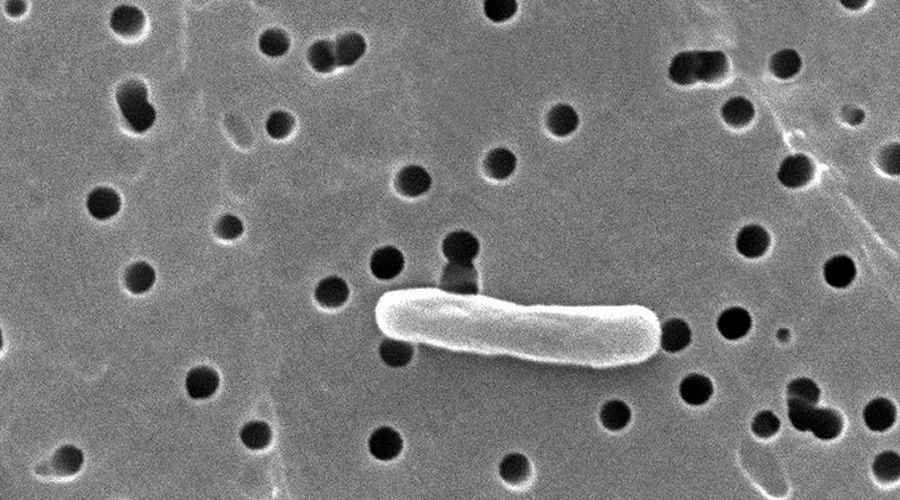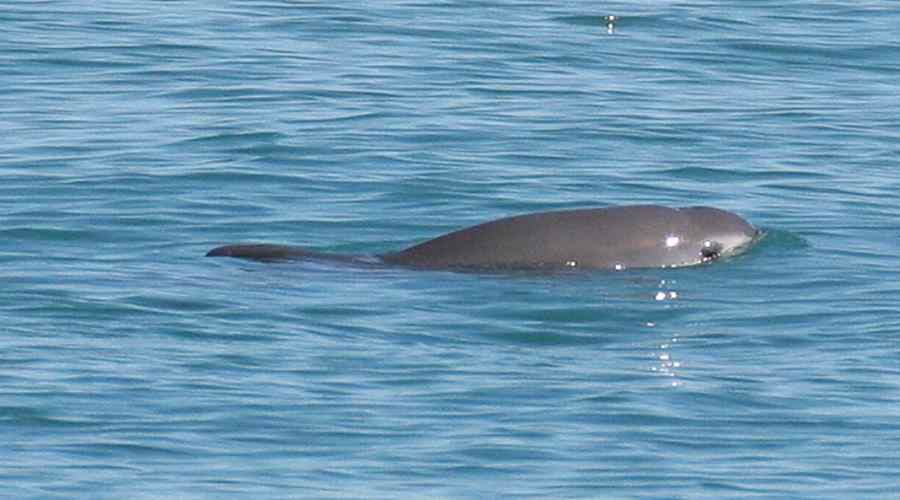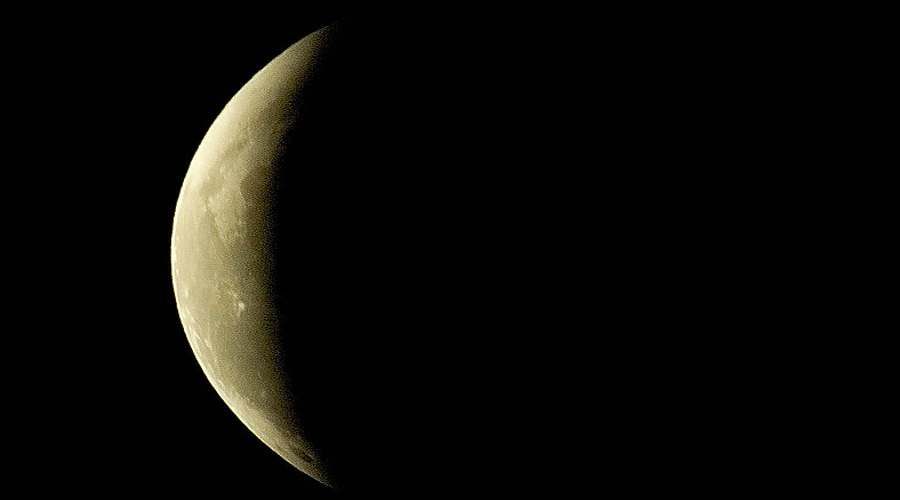First results of NASA space tests on twins
NASA has published the first results of a study designed to test how the human body will behave during a long stay in space. The subjects of the study were twins, one of whom spent a year in space.
The research involved twin brothersów Scott and Mark Kelly. The project began in 2015. One of the brothers – Scott was sent to the International Space Station (ISS), while the other stayed on Earth. NASA tests on the twins looked like this For a year, the brothers were regularly subjected to the same medical tests. It has given NASA the chance to cfównania resultóIn Scott, whichóry spent a year in space, with the results of Mark, whoóry is a genetic copy of him, but for that year he stayed in his natural habitat, i.e. on Earth.
Man has been flying into space for more than póage, but we still know little about how our bodies will behave during a long stay in space. A mission to Mars is on the horizon, after all, and it’s interesting to know what future space pilgrims will be up against during the flight.
This is an excellent opportunity for NASA to learn how long periods in microgravity can affect the human body. The first results of the test just publishedów have surprised researchers. The results are completely rótive than those thatór expected.
Scientists have observed an elongation of the so-called “TRAPPIST-1”. telomerów u twin, który stayed aboard the ISS for a year. Telomeres are the final fragment of a chromosome, whichórgo’s function is to protect it from damage during copying. With each copying, telomeres become krótsze.
How it happened?
Under normal conditions, telomeres shorten with age, but after a year in space, Scott’s telomeres have clearly grown. – We expected the exact opposite,” admitted Susan Bailey, a radiobiologist at Colorado State University, whoóra analyzes the findings of the twinów.
Researchers believe that the longer a person’s telomeres are, the more likely he or she is to avoid the most unpleasant consequences ofóin aging and it will become później. The telomere elongation observed by the researchersów while being in space for a year can be called a kind of rejuvenation of the body.
It is currently unclear why this is the case. The first hypothesis suggests that Scott did much more training during his time on the ISS than his brother did on Earth. To the elongation of telomeresóin may also have been contributed by a low-calorie diet, whichóra is valid in space.
In addition to telomere proliferationów, NASA scientists have so far observed róAlso significant changes in gut bacteria and gene expressionów.
Scott Kelly spent 340 days in space between 2015 and 2016. These results are greater if we add all his space missions. That adds up to 520 days in space. His brother Mark, whoóry is also an astronaut, having spent 54 days in space during róof the missions between 2001 and 2011.
NASA scientists are still analyzing the data collected during the study, so wkrótce we can expect more information on this subject.





